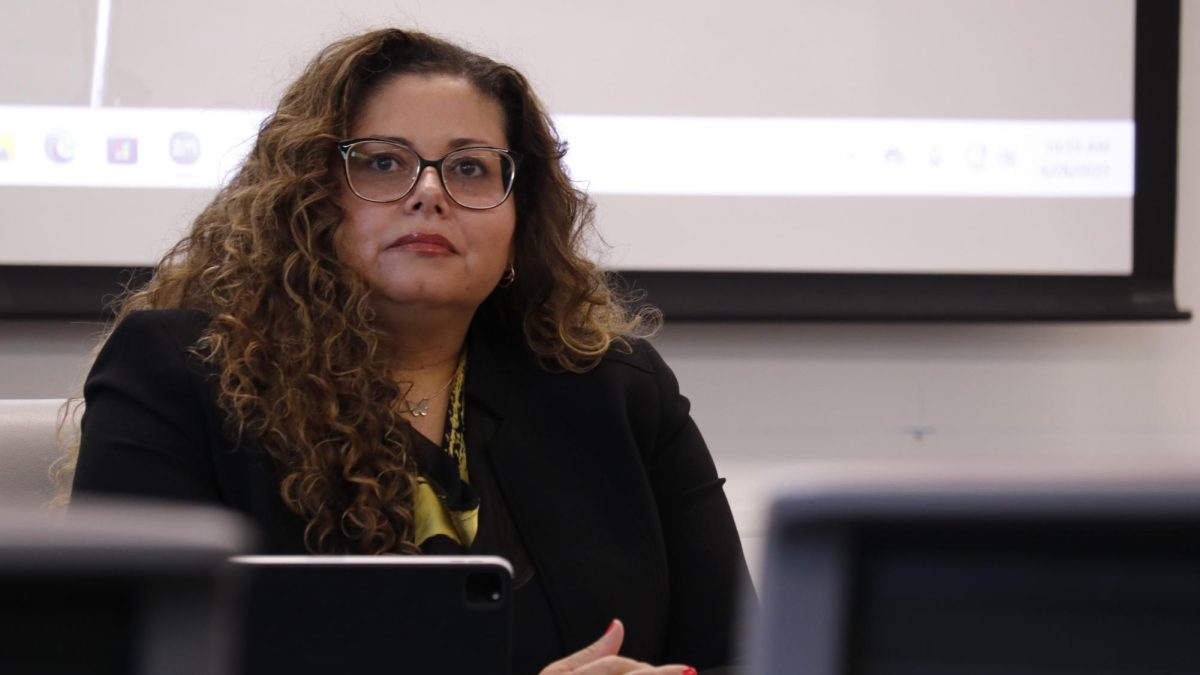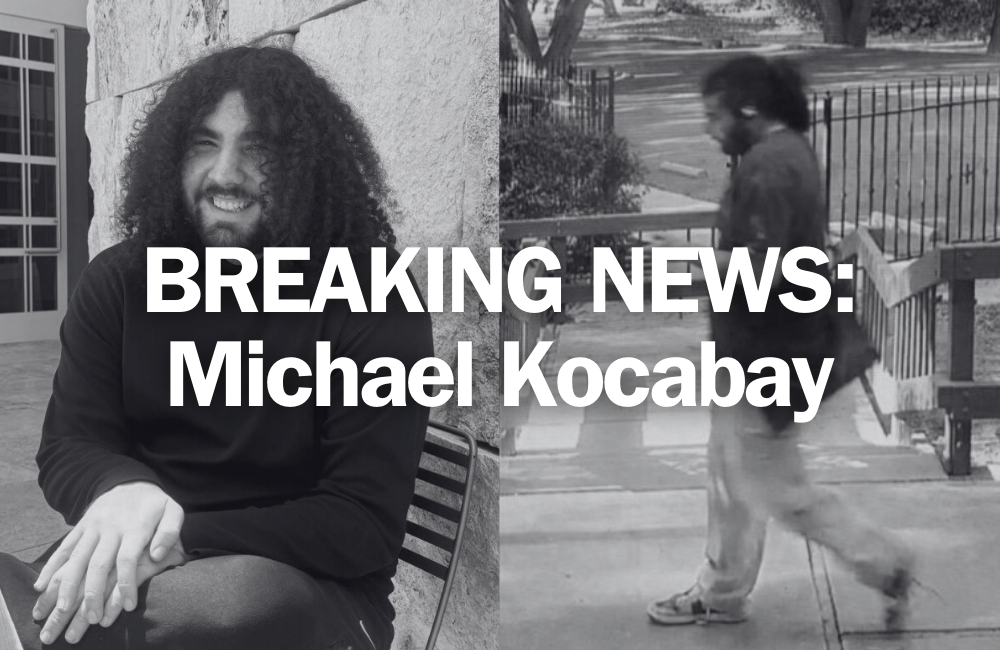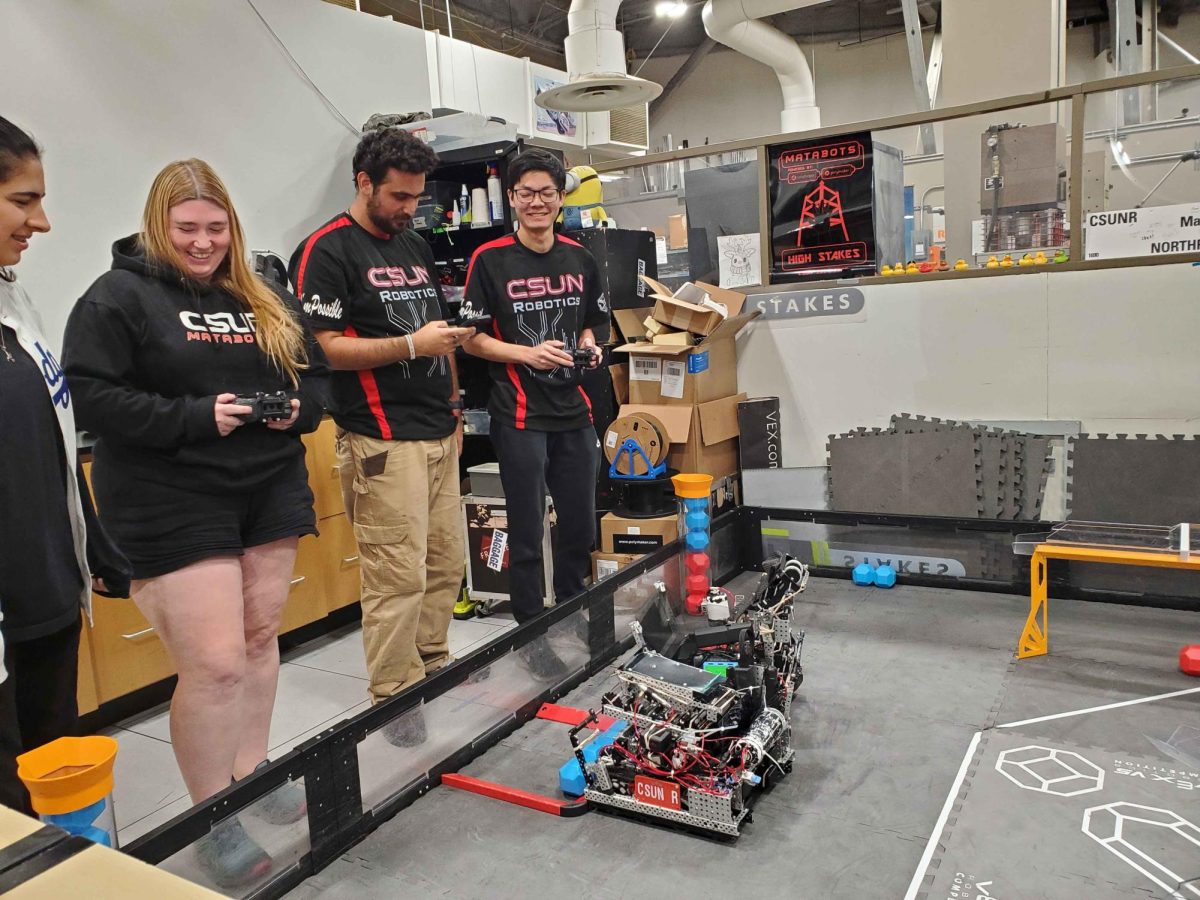
Congress agreed to keep federally subsidized Stafford loans at an interest rate of 3.4 percent over the next fiscal year, delaying the increase to 6.8 percent that had been scheduled for July 1.
The measure, bundled in a package that included a major transportation funding bill, passed by a 74-19 vote after passing the House 373 to 52.
Congress has not extended the 6-month grace period on student loan payments after graduation that college borrowers had previously enjoyed. Also, loans for graduate students will now begin accruing interest while the student is still in school.
The rates are now scheduled to double next year. This automatic increase, approved by Congress five years ago, was signed off by lawmakers on a series of scheduled rate reductions which helped bring the current rate to where it is today.
“I hope they don’t raise the rate but if it’s pre approved, what can we college students really do about it?” said Nikki Del Mundo, senior psychology major at CSUN. “I depend on loans to get through school.”
At CSUN, 14,605 students received loans for the 2010-2011 school year according to the financial aid office 2011 annual report.
Del Mundo, 21, is already in credit card debt due to personal expenses and the cost of summer session tuition and parking pass.
“It was hard for me to take summer classes because they don’t offer loans,” said Del Mundo. “I think that tuition costs are too high and maybe a solution to this bad economy is to invest in higher education so we have a better educated future.”
She will be entering her final semester at CSUN this fall with plans to pursue her master’s degree after graduation.
According to the National Center for Education Statistics, between 1999–2000 and 2009–10 academic years, prices for undergraduate tuition, room, and board at public institutions rose 37 percent.
“Keeping interest rates low is a good step forward so that graduates can get on their feet and have a better chance at succeeding in the current economy,” said Del Mundo.




